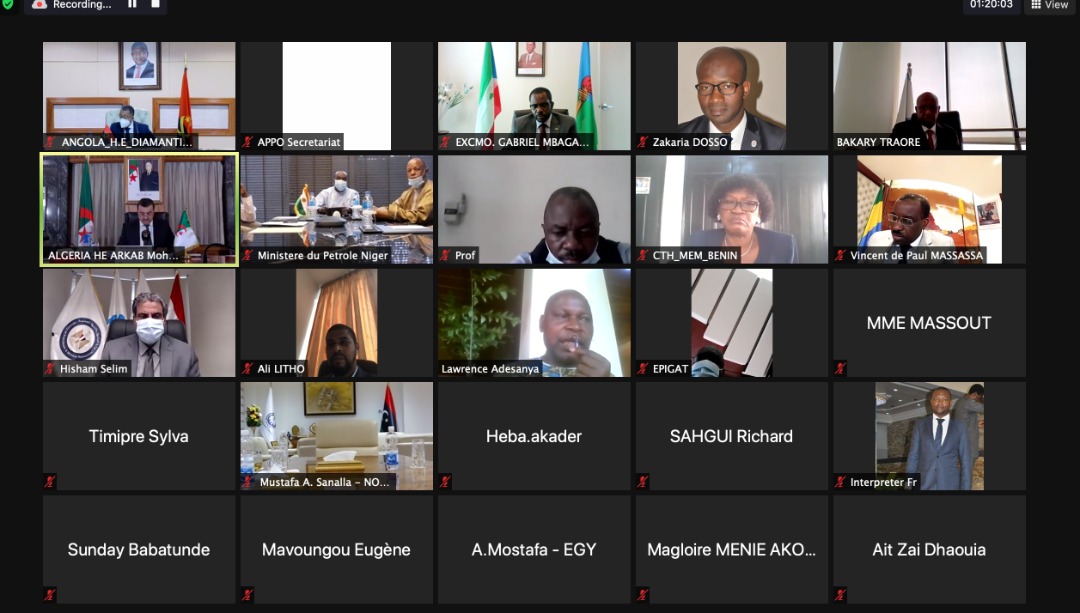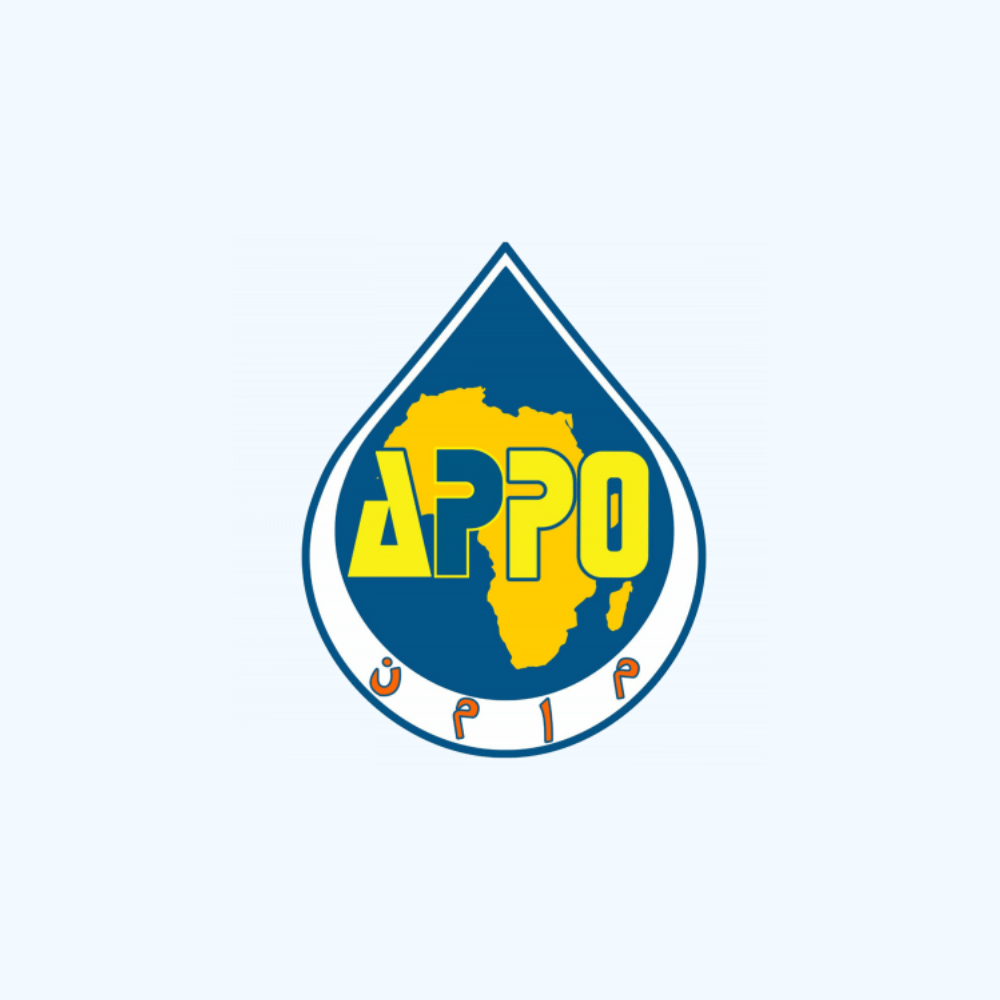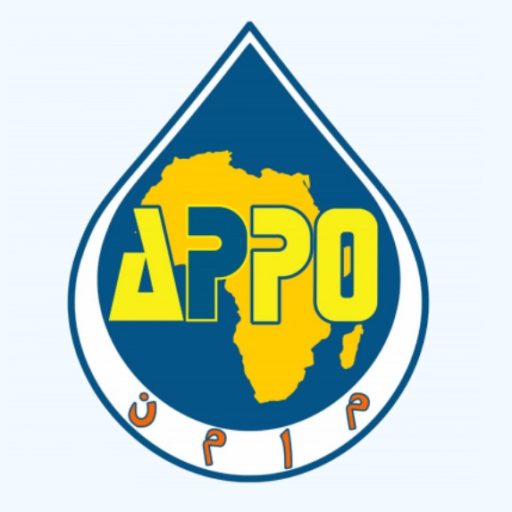The curtains fell on March 13 on the first edition of the Africa energy technology conference. The two-day conference brought together government representatives, policymakers, captains of the energy industry, and energy technology giants on the continent. The APPO Secretary-General called for synergy of action so that African countries could make the most of the energy transition.
Is the priority for Africa to guarantee access to energy for its nearly 1 billion inhabitants who are deprived of it, or to ensure a quick energy transition? This was the main question at the heart of the Africa Energy Technology Conference held in Accra on March 12 and 13. Organized by the Africa Energy Technology Center in collaboration with Ghana’s Ministry of Energy, the conference discussed investment and collaboration opportunities to place Africa at the forefront of energy technology. The various addresses and panels brought together Africa’s who’s who on energy matters. It emerged from the deliberations and debates that Africa must be able to seize the opportunity of the energy transition to take its rightful place in the emerging economy being built at the global level.
APPO committed to a just energy transition
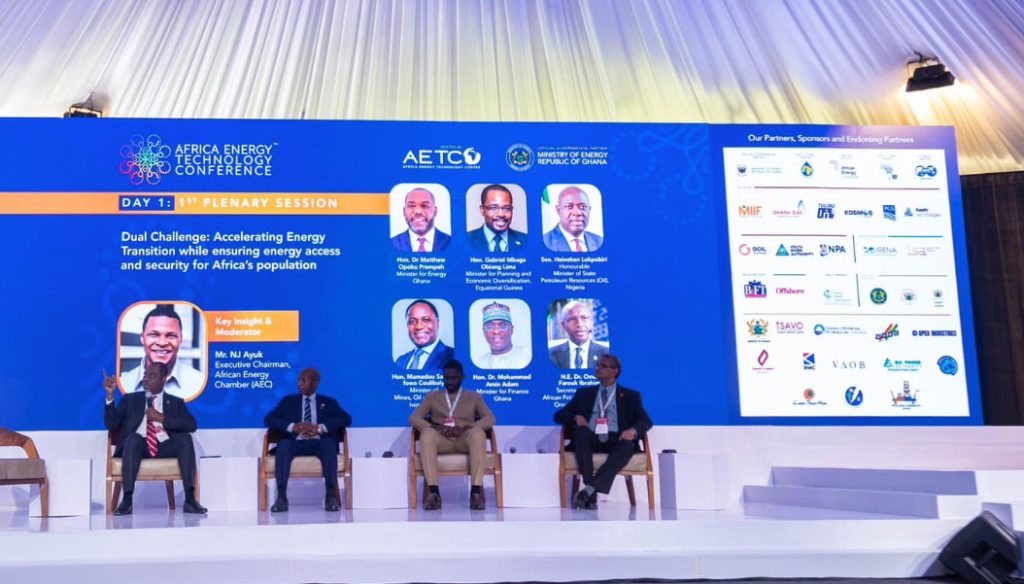
The question of investment and sponsorship opportunities for a just energy transition was at the heart of the debates. The Secretary General of APPO, Dr Farouk, speaking at the opening ceremony, presented, on behalf of the organization’s member countries, the appropriate position to enable Africa’s just and efficient path towards a just energy transition. He highlighted the three challenges facing the energy sector in Africa, as identified by a study carried out by the organization. First, there is the issue of financing the oil and gas industry in Africa. While the continent has long been dependent on foreign funds, African countries have decided to provide a solution to this problem, by setting up the African Energy Bank, the creation of which Dr. Farouk has announced will be completed by June 2024. Regarding the other two challenges identified, namely the issue of technology and the issue of markets, Dr. Farouk explained that they relate to Africa’s inability to develop its own technology, while most of the oil and gas produced was exported. As a solution, the APPO has created a framework for cooperation between research stakeholders as well as a forum for the heads of the various national hydrocarbon production companies.
Rich panels and lively debates
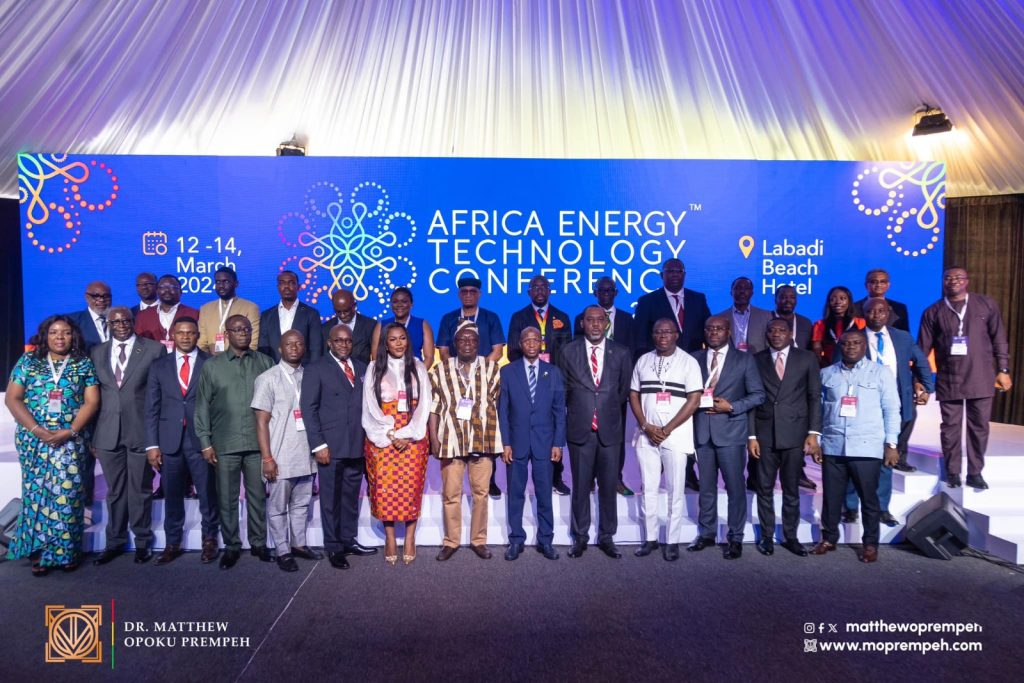
The Africa energy technology conference presented about twenty panels during which different themes were discussed. Speaking at the first session, in plenary, the APPO Secretary-General notified that it is not the time for Africa to abandon fossil fuels. “We need more gas and more oil,” he said, stressing that Africa will drive its energy transition at its own pace, and in whatever way it chooses. If the West needs to decarbonize, says Dr. Farouk, Africa needs to industrialize. To do this, African countries must be able to meet the challenge of domesticating their oil and gas, especially since Africa is said to have contributed the least to global emissions, at 3%. Dr. Farouk also stressed the need for African countries to come together to meet the challenges, because, as he said, no one African country has all it takes to succeed going alone. It is therefore a question of synergizing efforts. Finally, he praised the vision of pan-African pioneers, including Ghana’s Kwame Nkrumah, to whom he paid tribute. Various other panels also addressed the issue of nuclear power in Africa as well as the financing of the sector, the important role of gas in the transition process and the applications of artificial intelligence to optimize upstream oil production. All these exchanges have made it possible to resolve the initial question, namely that Africa must first and foremost seek to guarantee access to energy for its inhabitants. The most important thing is to ensure the financial independence of its energy projects through the pooling of resources. From this point of view, the advent of the African Energy Bank was unanimously hailed by the participants as the panacea that will allow the continent to make the most of its natural resources, while exploiting them in a sustainable way.

